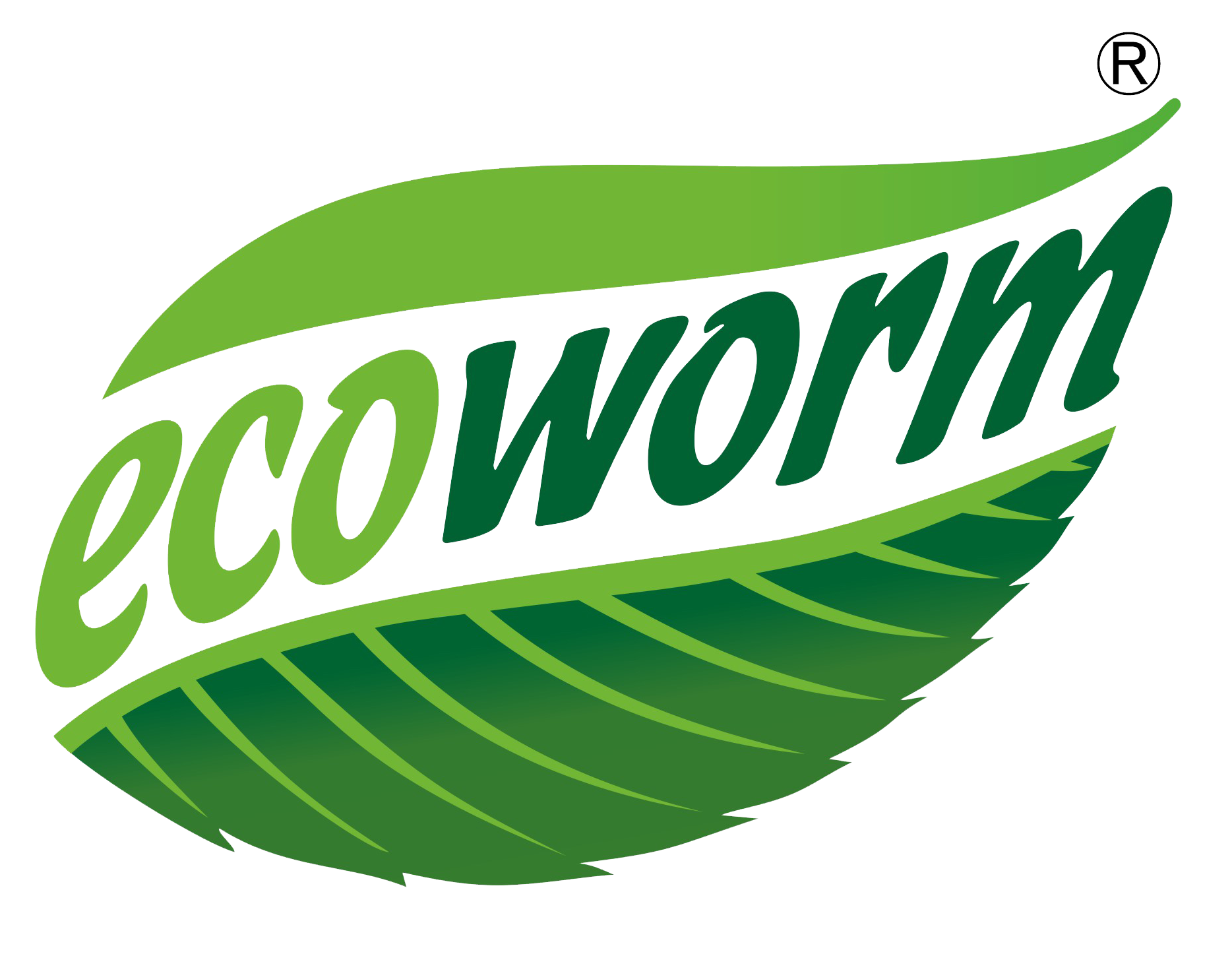Spring brings longer days, warmer soil, and lush new growth - but it also welcomes a wave of unwelcome visitors: garden pests. As May rolls in, insects like aphids, spider mites, whiteflies, and others start to multiply quickly, threatening all the hard work you’ve done in your garden.
Luckily, there are effective, chemical-free ways to protect your plants and keep your garden thriving. Here's your complete guide to the most common May garden pests and how to deal with them using natural, garden-friendly solutions.
🌿 Why Natural Pest Control Matters
Conventional pesticides may kill pests quickly, but they can also harm pollinators, beneficial insects, pets, and even your soil's delicate ecosystem. Natural pest control focuses on supporting plant health, encouraging predator insects, and using gentle, biodegradable products that don’t disrupt nature’s balance.

🐜 1. Aphids
What to Look For:
- Tiny green, black, or brown insects clustered on new leaves or stems
- Curled, yellowing leaves
- Sticky “honeydew” residue on leaves or nearby surfaces
Why They’re a Problem:
Aphids suck sap from plants and spread diseases quickly, especially in warm, humid May weather.
Natural Solution:
- Rinse plants with water to knock aphids off
- Encourage ladybugs (a natural predator)
- Spray with a biodegradable garden soap like Ecoworm Potassium Soap to clean leaves and remove buildup that encourages infestation

🕷 2. Spider Mites
What to Look For:
- Fine webbing under leaves
- Yellow or speckled leaf damage
- Dry, dusty appearance on plant foliage
Why They’re a Problem:
Spider mites thrive in hot, dry conditions and can defoliate plants quickly if left untreated.
Natural Solution:
- Increase humidity around affected plants
- Gently spray plants with water every few days
- Use natural soap sprays to clean leaves and keep mite populations in check
- Repeat treatments weekly as needed

🦟 3. Whiteflies
What to Look For:
- Tiny white insects that fly up when you touch the plant
- Sticky leaves and yellowing foliage
- Presence of sooty mold due to honeydew secretion
Why They’re a Problem:
Whiteflies feed on plant sap and multiply rapidly in May’s warmth, especially in greenhouses and container gardens.
Natural Solution:
- Shake or hose plants gently to dislodge them
- Use sticky traps to monitor population
- Clean plant leaves using a plant-friendly soap like Ecoworm Potassium Soap—it’s organic and biodegradable, perfect for use on edibles and ornamentals
🪴 How to Use Ecoworm Potassium Soap for Natural Pest Control
Ecoworm Potassium Soap is a multi-purpose garden soap made from natural sunflower oil. It’s ideal for gardeners looking to support healthy plant growth without synthetic chemicals.
- Gently cleans plant leaves and stems
- Helps form a protective layer for improved plant resilience
- Suitable for use on vegetables, fruit trees, herbs, ornamentals, and greenhouse crops
- Safe for beneficial insects when used as directed
Application Tip:
Mix as directed, spray on the affected parts of the plant (top and bottom of leaves), and repeat every 7–10 days as needed. Avoid direct sun when spraying to prevent leaf scorch.

